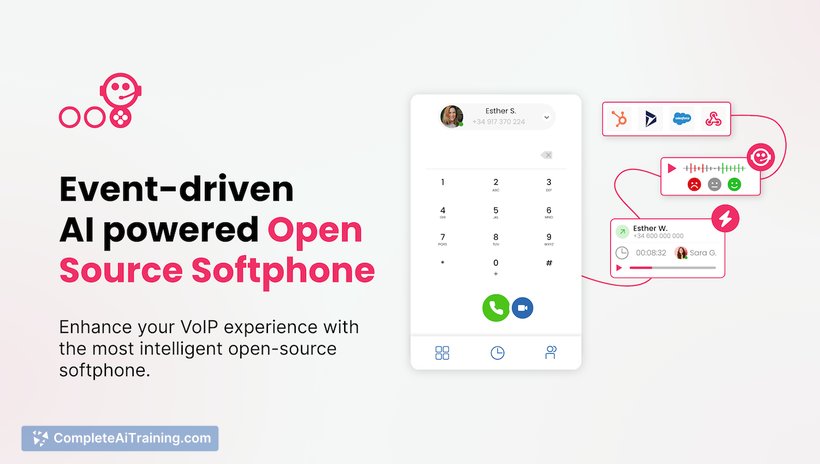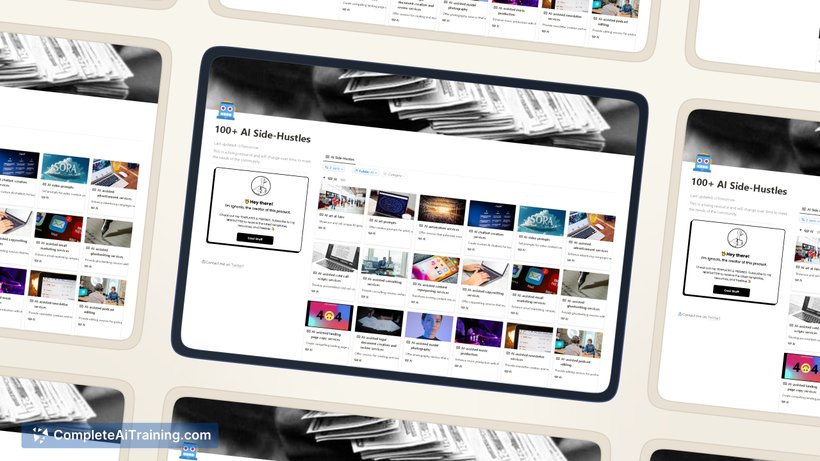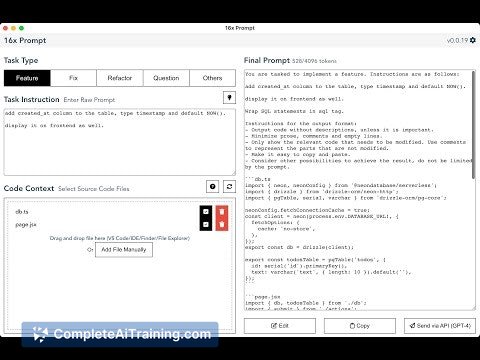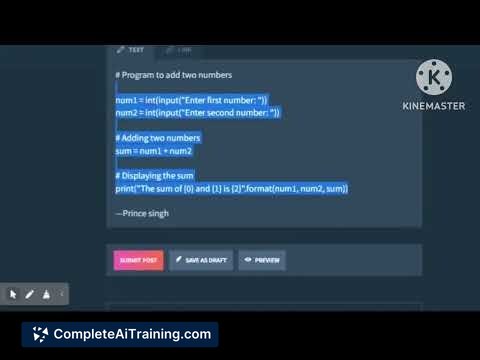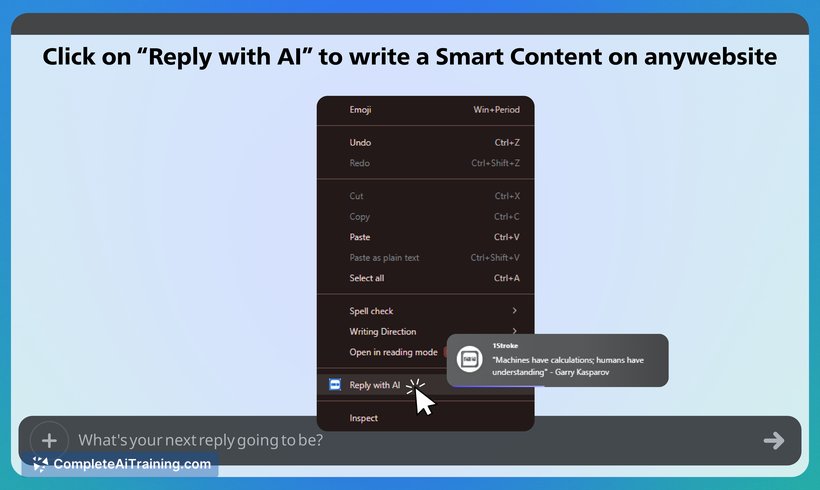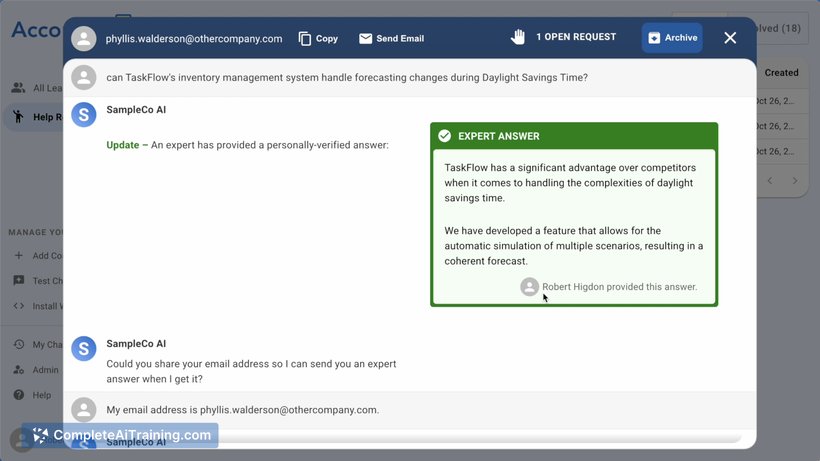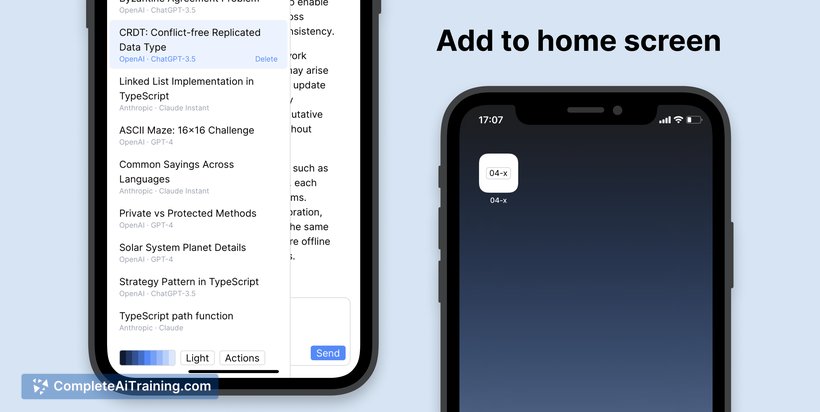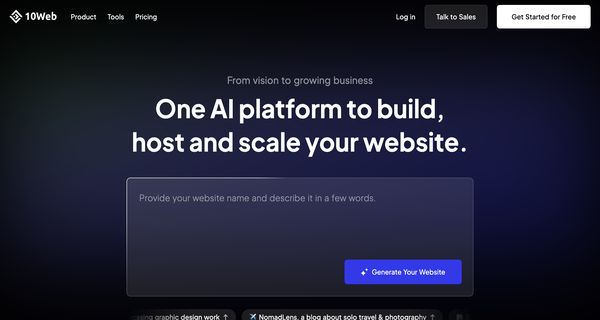About Dynamic, adaptive documentation
Dynamic, adaptive documentation is an AI-powered tool that customizes user guides and support content based on individual user data such as roles and subscription plans. It leverages cookies, feature flags, and integrations to deliver personalized, context-aware documentation that evolves with user needs.
Review
This tool offers a fresh approach to documentation by shifting from static content to interactive, user-specific experiences. By adapting documentation dynamically, it aims to improve user engagement and reduce support efforts, making it suitable for teams looking to enhance their product’s help resources.
Key Features
- Adaptive content that adjusts instantly to the reader’s role, plan, or usage context.
- AI Assistant that provides personalized answers by understanding documentation in context.
- Integration with product data and external services via MCP servers for real-time, contextual responses.
- Use of cookies and feature flags to tailor content visibility and relevance.
- Capability to trigger actions such as support ticket creation or product setting changes directly from documentation interactions.
Pricing and Value
While specific pricing details are not publicly detailed, this tool is generally positioned as a premium feature within a broader documentation platform. Its value lies in reducing support tickets and improving user onboarding by offering tailored content, potentially saving time and resources for product teams. Organizations with complex user roles or multiple subscription tiers may find it particularly beneficial.
Pros
- Delivers highly personalized documentation experiences enhancing user understanding.
- AI Assistant adds depth by answering questions with contextual awareness.
- Integration with product data enables dynamic, real-time content updates.
- Can automate certain user support actions, improving efficiency.
- Supports multiple use cases including onboarding, evaluation, and deep product usage.
Cons
- May require technical setup and integration effort to fully utilize adaptive features.
- Pricing and plans are not clearly outlined publicly, which could complicate budgeting decisions.
- Users unfamiliar with adaptive documentation concepts might need time to adjust to the dynamic content approach.
Dynamic, adaptive documentation is well-suited for product teams aiming to provide contextual, role-specific support content that evolves with their users. It can be particularly useful for SaaS companies and developer platforms where user needs vary widely. Teams looking for a way to reduce repetitive support queries and increase documentation relevance will likely benefit most from this tool.
Open 'Dynamic, adaptive documentation' Website
Your membership also unlocks:



